Jan 9, 2025
Transform Your Diligence Practices – 5 Resolutions in the New Year
Principles
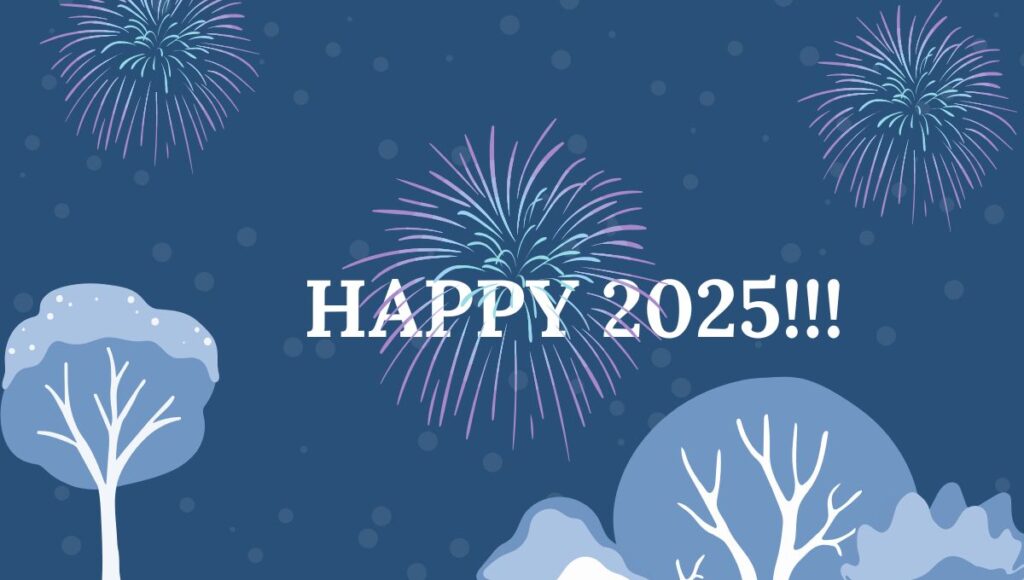
The New Year is an opportunity to reflect on ways to enhance your diligence practices and better support your team. Here are five actionable resolutions to implement, ensuring 2025 becomes a standout year for diligence. After all, strong diligence drives smarter decisions, stronger compliance, and greater business success.
A New Year – More Change
I have a prediction for 2025 and for every year after 2025 – You, your team and your organization will confront change. The change may be in your industry, business, technology, laws and regulations or some combination of all of these areas. You don’t know what will happen but you know that there will be change.
It doesn’t take genius to make this predication, after all change is the only constant. But, with all these changes and the uncertainty that they bring, it helps to have a plan. Today’s post is a set of resolutions that will help you address change.
These resolutions are general and while I include suggestions to get you started, the idea is that you make them your own. So interact with your team, get creative and see what you come up with to make 2025 a year not of change, that is a given, but a year that you address change in a calm and effective way.
Diligence Resolutions for the New Year
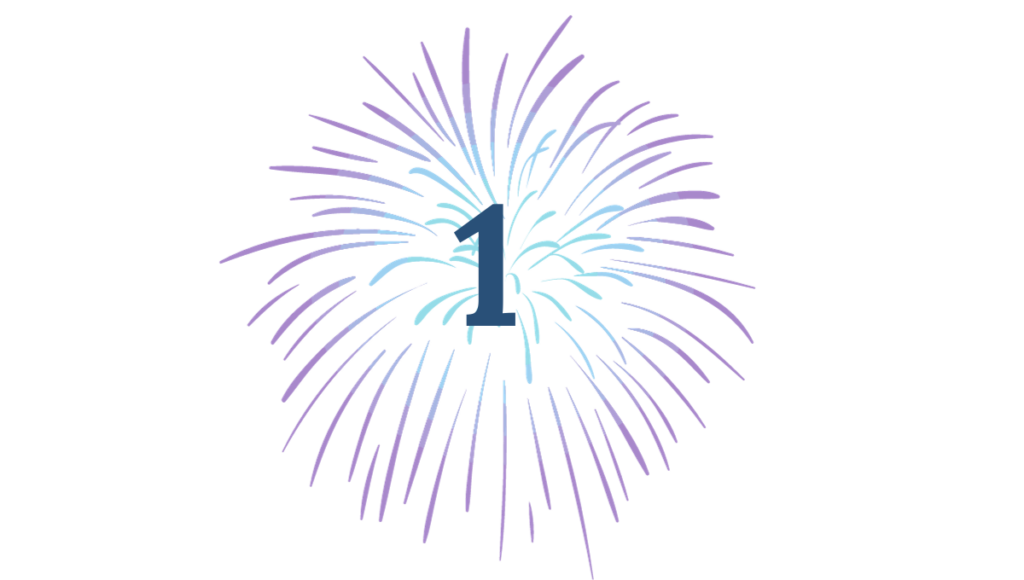
Strive to Make it Simple
Resolve to make things simple.
We all know about keeping it simple, but I would add that a useful challenge for 2025 is to make things simple. It takes skill to make things simple. You need to:
- cut through the “noise” and identify the elements that are of core importance to your business and your tasks.
- make choices that focus on the most efficient methods to address or advance the core items of importance
- communicate, teach and implement these methods.
Practical examples of making things simple may include:
– choosing the simplest technology available to you. A checklist instead of a spreadsheet, a spreadsheet instead of a database.
– communicating using understandable language and formats such as plain english vs technical or legal terms
– distributing information in a way that it can be easily and quickly saved and referenced.
– adding rather than reinventing the wheel for example, can you use existing resources?
– relying on experts instead of trying to become an expert in all things. Who do you have available to provide this expertise? For some ideas take a look at this post – How To Find Diligence Treasure In Your Organization
– breaking complex or overwhelming projects into smaller segments that are easier to understand.
So, when you are confronted with change or you see the need to do something or reassess how you do something, ask yourself – Is how we are doing this the simplest way to get to the goal and if not, how can we make it simpler.
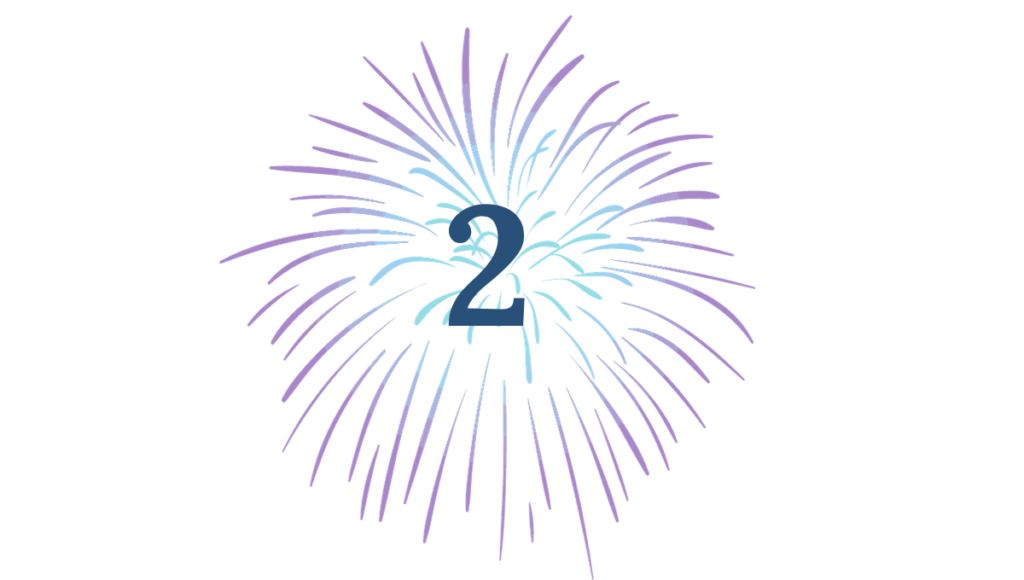
Think before Acting and Plan your Action
Resolve to think before taking action and plan your action.
We are always told that there is a “need for speed” and change can demand quick action but if you act without thought you don’t get better diligence results. As discussed in this post – You Need to Perform Diligence for Clarity, clarity emerges from thought.
My suggestions are to take 5 minutes, 5 hours, 5 days, depending on your circumstances and use that time to think. Then transform your thinking into a plan. You will have a better diligence results. Consider it this way:
– 5 minutes of thought before conducting an online search allows you to ask yourself – what is the proper source for the information that I need? Then you go directly to the source rather just throwing words into a search engine and wading through pages of returns.
– 5 hours of planning a diligence project allows you to consider your goals, list your questions, inventory industry, business and compliance considerations and then choose appropriate resources.
– 5 days provides you with time to break a complex project into manageable segments, plan each segment, consult experts, set up a project management plan and assign roles and responsibilities to a team.
This is a hypothetical example but you can see that taking time to think and plan leads to better outcomes even when confronting imminent change. If you want some ideas on the action of planning take a look here, The Secret To Great Diligence – Start with a Plan
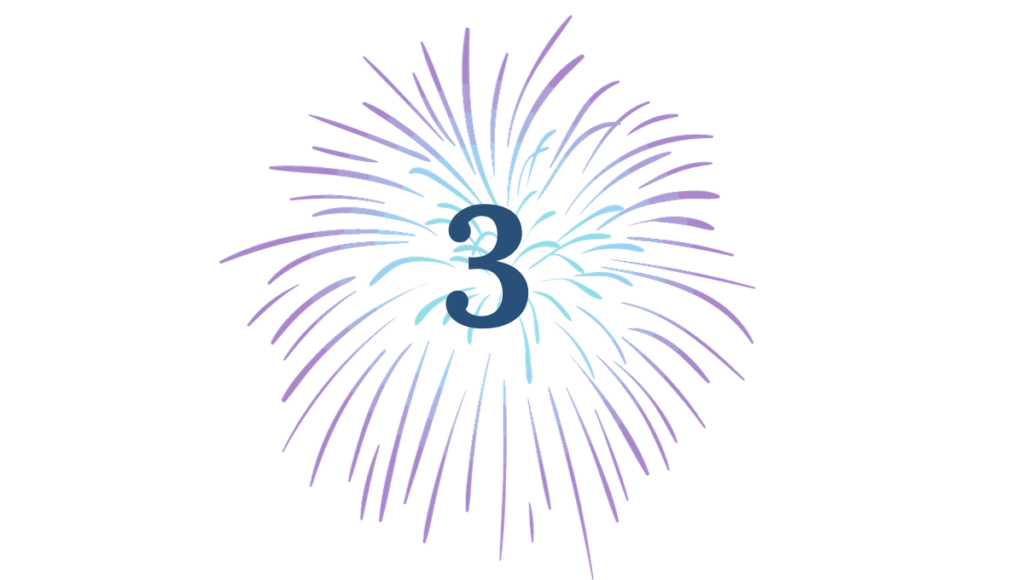
Practice Better Focus
Resolve to practice your focus.
Addressing any change requires focus especially conducting diligence during times of change. It is so easy to get distracted, distracted by technology, other people, pressures. But distraction takes away from great diligence outcomes and this is especially true if you are also coping with changes that impact diligence.
Imagine your diligence project as an online game. The “win” happens when you reach a level of clarity. To play you navigate through a maze. Along the way you earn points, find directions and gather hints. You also address obstacles including dead ends, traps, tricks and enemies. There is no one winning strategy – but you are on a time clock, you have a deadline.
Will you get through the maze if you keep stopping and restarting, are distracted by outside concerns or are trying to do something else at the same time. If you are distracted will you see the signs of trouble, changes in landscape or be able to spot well hidden clues? Actually, can you win any game – digital, in person, a sport – if you fail to focus on the game? The answer is – no – you can’t win without focus. It is the same with diligence work. you need to focus.
Focus to:
- plan
- research
- perform evaluations and analysis of information
- spot red flags
So how do you practice focus? Everyone is different but here are some suggests:
– Schedule dedicated time, don’t attempt to multitask. If it helps set a timer and keep working until the timer goes off, an example of this is the Pomodoro Technique .
– Break tasks into segments that match your time allowance so that you can complete units of work.
– Take yourself somewhere quiet. For example, I find it difficult to concentrate on long or data heavy reports when there is outside noise.
– Take handwritten notes. The act of reading and writing requires focus in a way that is just not the same as when you type. Here’s an article about this very topic – Why Writing by Hand Is Better for Memory and Learning. You may eventually put these notes into a digital form, but while you are trying to understand something handwriting is helpful.
– Ask yourself questions as you work, for example, do I understand what I am reading, hearing or seeing, how are things changing?
If you need suggestions on improving focus, there are many resources online including under the topics of – improving study, concentration or mindfulness.
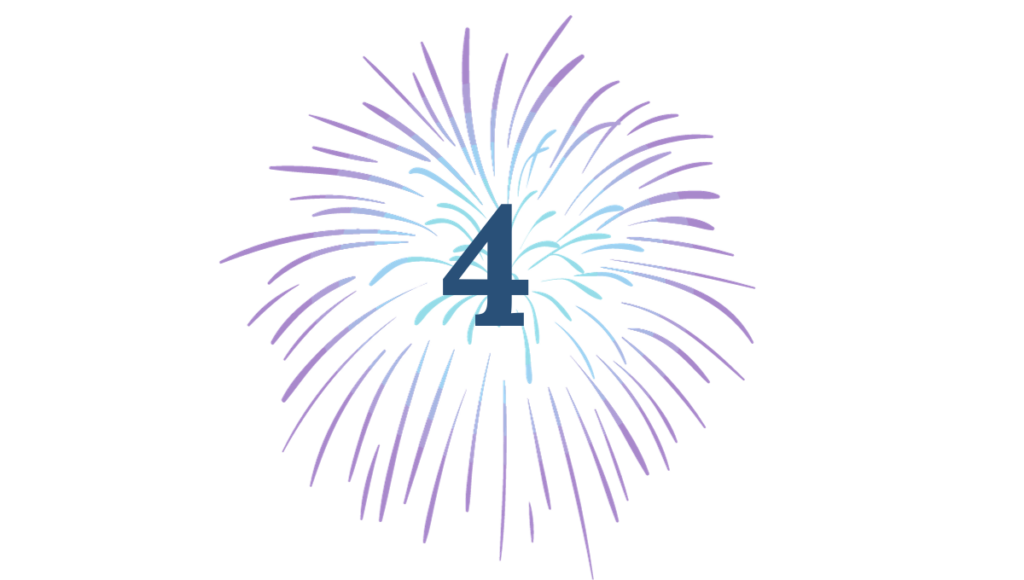
Assess your Information Sources
Resolve to take a look at your sources of information that you use for diligence.
Reassessing sources is especially important during times of change. There is an abundance of information but not all of it is useful and not all the tools that you use to find information are the most efficient. There are so many changes happening today, many brought on by the rise of AI and its integration into current and new technology. It is essential that you periodically reassess what you’re using, what’s available, and what may need to change.
Some helpful questions would be:
– What information, sources and tools do I use on an ongoing basis?
– Are they still the best resources for what I need? Are the resources, reliable, timely, worth the cost?
– Are there choices that are more current, easier, more inclusive and is it worth making a change?
You have no choice, either you embrace the idea that change is happening in the world of information and you can be knowledgeable about the changes and how it impacts your diligence work, or you will be caught short, miss something or find that your competitors, regulators and the criminals will have a negative impact on your organization.
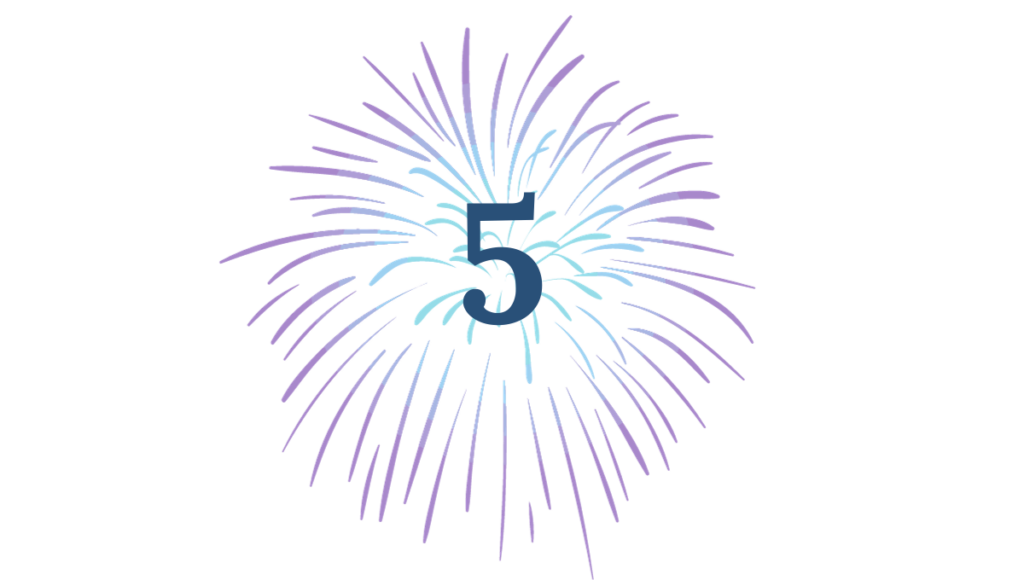
Share
Resolve to share and facilitate sharing.
Sharing isn’t just about saving time it is about thoughtfulness, creativity, the power of different minds focusing on a problem. Sharing is a way to address and absorb change. This is why I put it on the list of resolutions last year –5 No Cost Diligence Resolutions For The New Year! and this year and maybe next year. Sharing is good for individuals, teams and organizations. Some ideas for better sharing include:
– encouraging interactions among yourself and your team (or other colleagues) to discuss specific diligence issues and projects.
– participating in and attending industry related activities and events that present opportunities for sharing strategies, resources and ideas.
– introducing formalized opportunities for sharing and making contributions, including staff meetings, events, platforms, customized resource libraries.
– taking cues from other professions such as medicine, where physicians participate in “grand rounds” to discuss advancements and techniques, tumor board to collaborate on the care of complex patients and “journal club” to share the burden of keeping current on relevant literature.
Sharing not only helps you with a specific issue or project but an ongoing program of sharing builds the skills and knowledge of all the participants and provides a powerful way for people to communicate and build trust as they work to greater clarity.
Wishing You A Happy New Year!
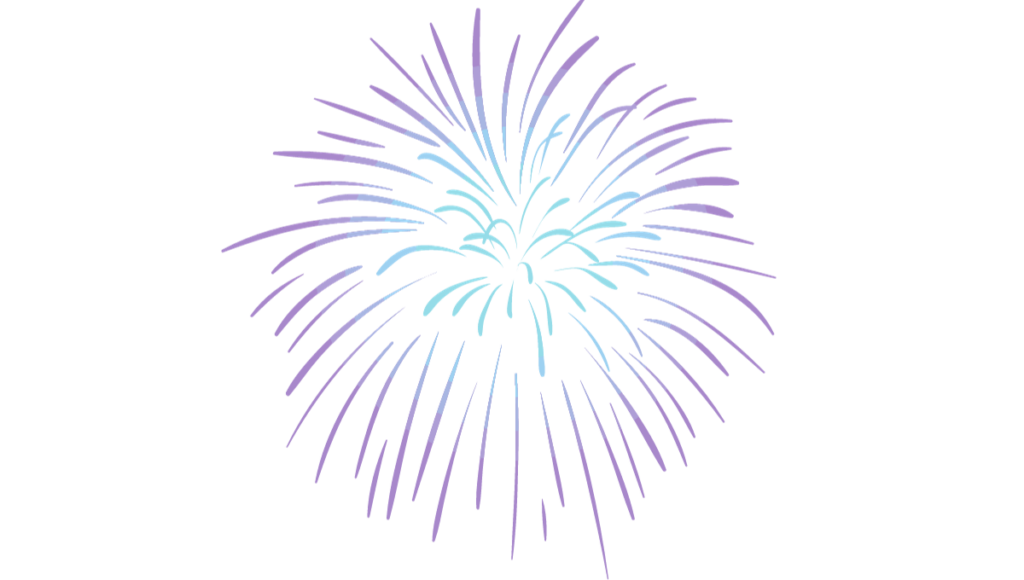
If You Enjoyed This Post Please Subscribe Below For More Ideas & Updates

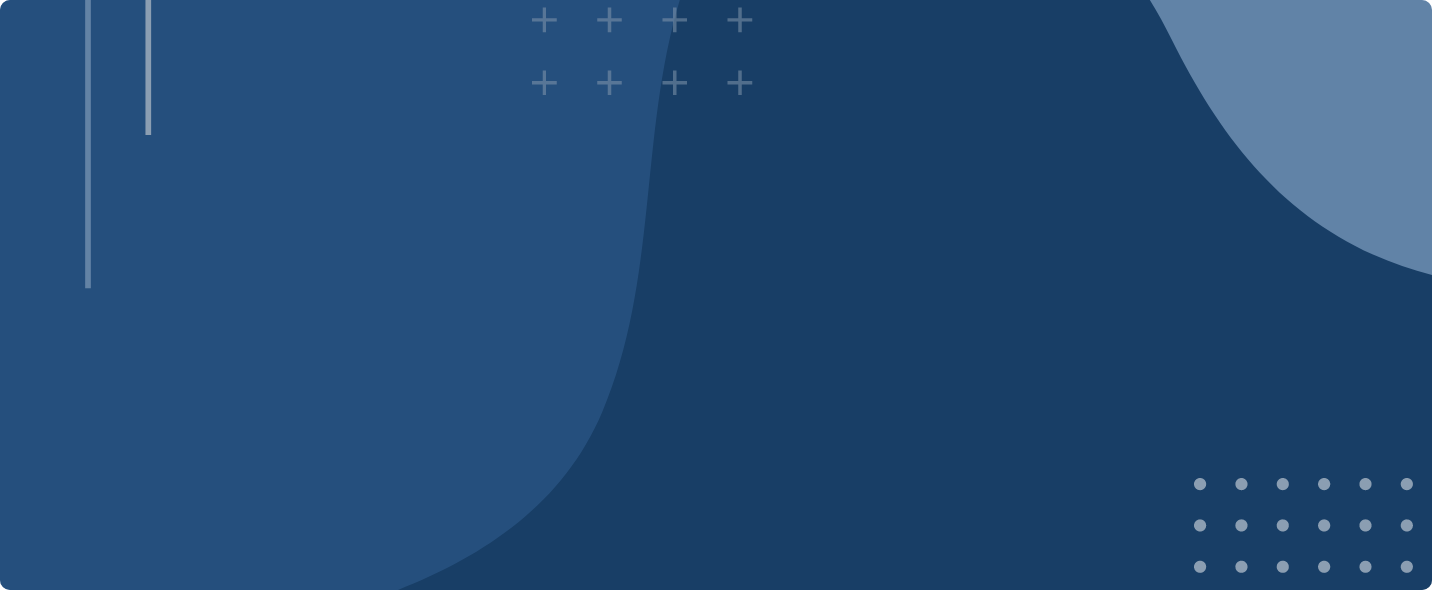
Subscribe for Diligence Updates
Get the latest updates, resources, offers, and more.
"*" indicates required fields
The Diligence File respects your privacy. Privacy Policy